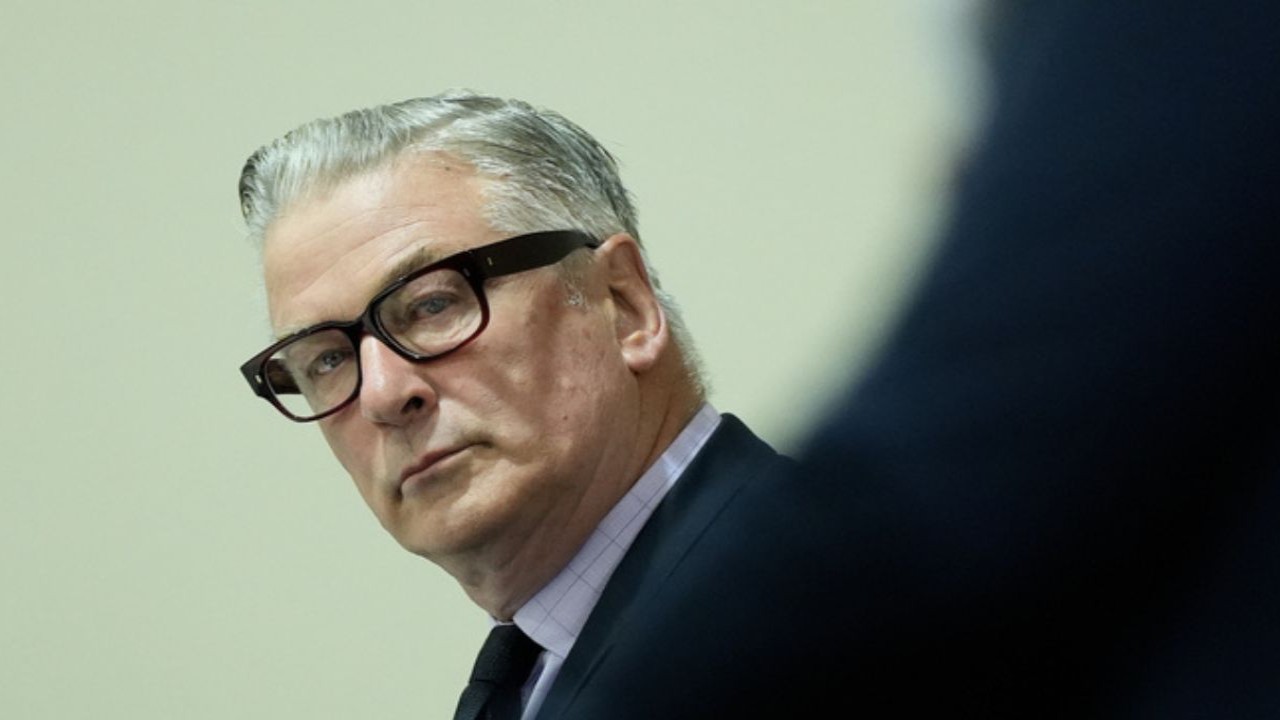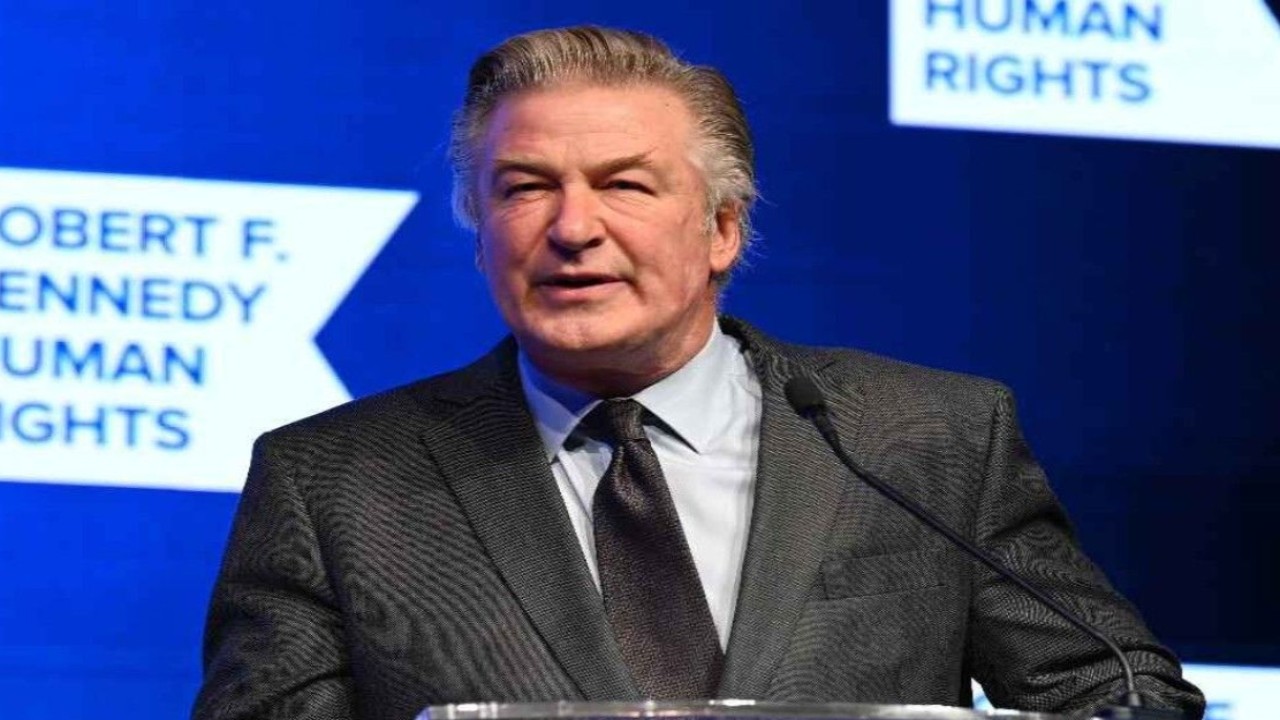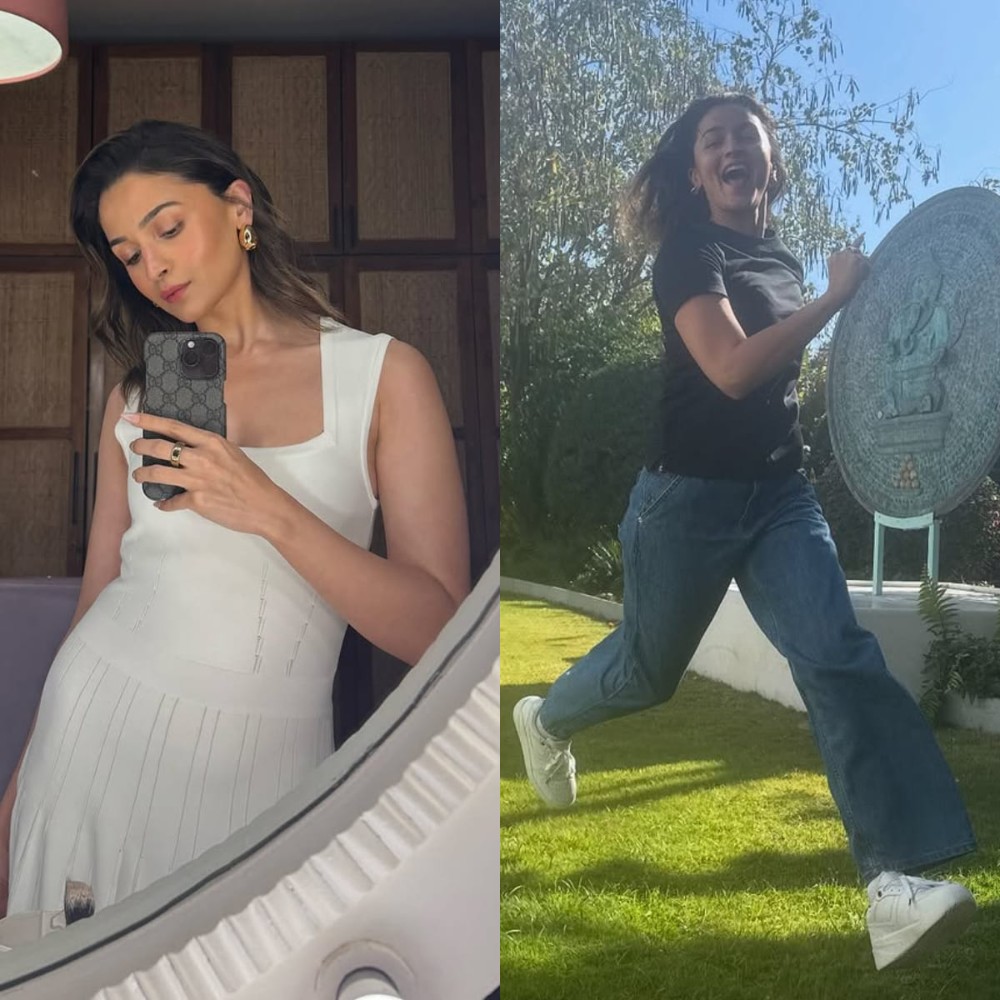Why Did Alec Baldwin's Rust Shooting Case Prosecutor Quit Before Dismissal? Find Out
Check out the reason behind why the special prosecutor Erlinda Ocampo Johnson on Alec Baldwin's Rust case left the case before it was dismissed.

Trigger Warning: This article contains mention of death.
Erlinda Ocampo Johnson, the special prosecutor in Alec Baldwin's involuntary manslaughter trial, resigned from the Rust shooting case before it was dismissed on July 12 (Friday). She has now provided clarity on why she decided to do so.
For the unversed, the actor was on the Rust film’s set, practicing for a scene with loaded ammunition. The ammunition was discharged, resulting in the death of cinematographer Haylna Hutchins and injuring the director, Joel Souza. Now, the special prosecutor Erlinda Ocampo Johnson is opening up about why resigned from the case before it was dismissed.
Why did Erlina Ocampo Johnson resign from Alec Baldwin's Rust case?
As per People’s article, published on July 13, the prosecutor shared with the publication that they (prosecutors) have high ethical obligations and when they learn about a piece of undisclosed evidence that could be material to the defense, the correct thing to do would be to dismiss a case. She added, “When that was not done, my ethical obligations compelled me to withdraw.”
According to the publication, the prosecutor also spoke with NewsNation’s Chris Cuomo for the same reason. She said that as prosecutors, they are obliged to ensure that all evidence is turned over. This obligation extends to the defendant as well as the public.
Erlinda continued that they don't get to decide what the defense would be. Their job is to make sure about the “transparency,” and that the defendant has everything that the prosecution has gathered. It’s up to them what they do with it.
The prosecutor shared, “My ethical obligation and my moral obligations really are not that different.” She further stated that when she sees something is not right and the law is not followed, she does not care about, who you are, where you are, you make the right decision."
Erlinda further expressed that for her the right decision was to walk up to the judge and ask to be allowed to withdraw before, "that circus of a hearing got underway.”
More on the undisclosed evidence involved in the Rust case
According to the Brady Rule, a prosecutor must provide the defense with any relevant evidence that could be utilized against the accused.
Ammunition in the Rust case was turned over from Troy Teske (a friend of the father of Rust armorer Hanna Gutierrez-Reed), who thought that the ammunition was connected to this case.
This, according to Baldwin’s legal team was, “critical evidence in the case that was never disclosed,” to them, per People
Erlinda told Cuomo that she “learned about this evidence when the public learned about it yesterday, late afternoon." She also mentioned that she was not involved in Hannah Gutierrez-Reed’s case at all.
Erlinda further said that she was unaware that this person had taken the ammunition to the police department and provided it to the officers.
As per People, the prosecutor opened up to NBC News that she believed that given the circumstances, the correct decision would have been dismissal. She also believes that there was “reckless behavior” that went on the set.
While talking about the evidence mix-up, Erlinda added she does not think it was intentional. She said, “I think it was just something that — it wasn’t turned over, and it should have been.”
Baldwin continues to face civil lawsuits even though he is no longer eligible to be charged with involuntary manslaughter again, per People.

Alec Baldwin Trial: Rust Actor Left In Tears As Judge Drops Involuntary Manslaughter Charge In Shocking Move





 JOIN OUR WHATSAPP CHANNEL
JOIN OUR WHATSAPP CHANNEL


















































